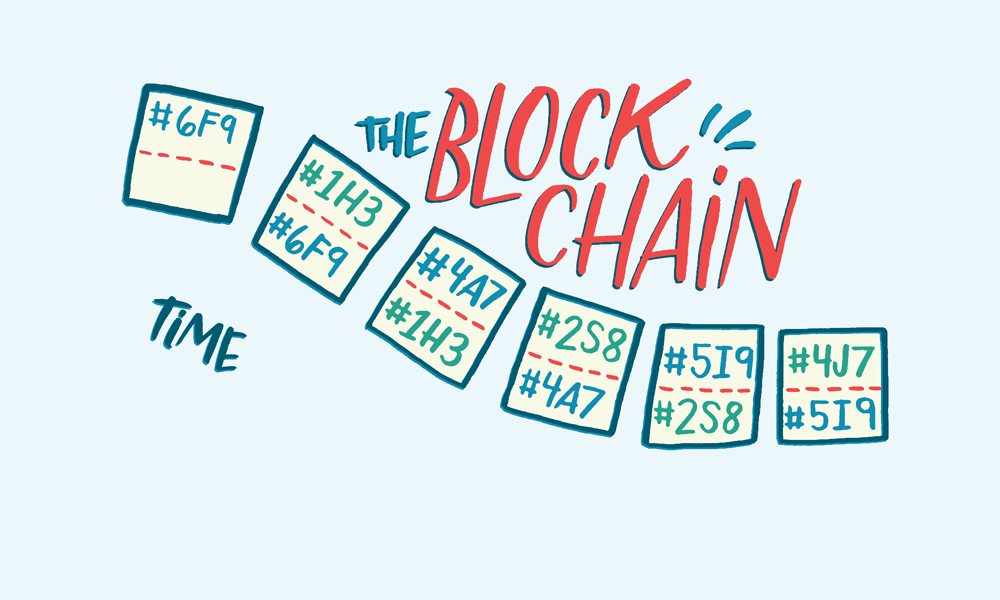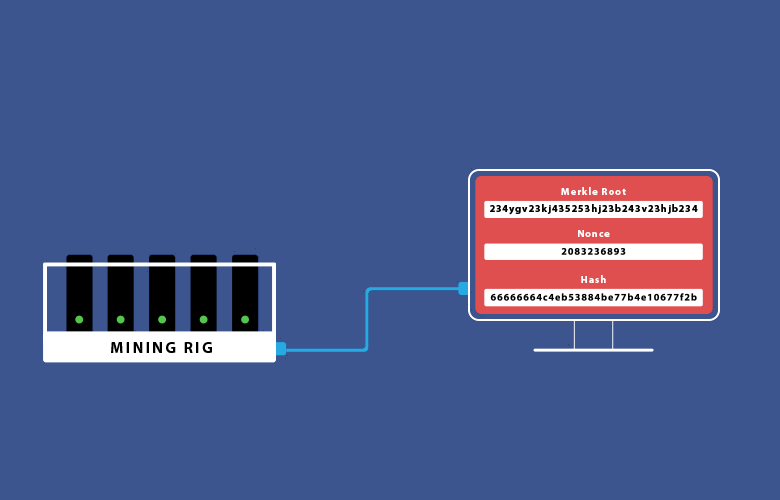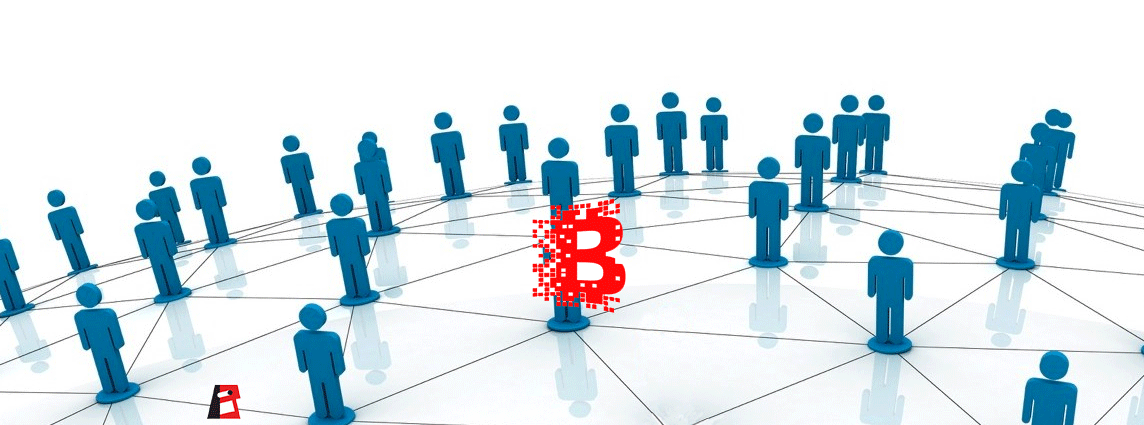How it all started? because blockchain, history and the future about this innovative technology of the future.
blockchain·@jesusj1·
0.000 HBDHow it all started? because blockchain, history and the future about this innovative technology of the future.
 Number of technologies that we take for granted today were silent revolutions. The influence of smartphones on our way of working and relating. Before, now there are global nomads who build new businesses directly from their mobiles. And notice: smartphones have only existed for a decade.  now we are in the middle of another silent revolution: the chain of blocks or blockchain technology, a distributed database that generates a growing list of ordered histories, called "blocks". The important innovation of the blockchain was Bitcoin, a virtual currency experiment. Bitcoin's market capitalization now oscillates between 180,000 and 184,000 million dollars, and is used by millions of people to make payments, including a large and growing remittance market. Second innovation was called block chain, which was the discovery that the technology with which Bitcoin worked could be separated from the currency and used for all types of organizations. Almost all major financial institutions in the world are currently researching technology and it is expected that in 2018 20% of financial and other companies will adopt this technology.  Right now it is the latest fashion of block chain technology, it is the "participation test". The block chains of the current generation are assured by "work tests" in which the group with the highest computational power makes the decisions. These groups are called "miners" and operate vast data centers to provide this security in exchange for cryptocurrency payments.  Another innovation was called "intelligent contract", and was manifested in a blockchain system called ethereum, which incorporates small computer programs on the chain of blocks to represent financial instruments. Instead of just the chips of the bitcoins cash style. The intelligent contract platform of ethereum now has a stock market capitalization of around 100,000 million dollars, with hundreds of projects aimed at the market. The chain of blocks climbing. Now, in the world of block chains, each computer in the network processes each transaction. Yes It is slow. A chain of escalated blocks accelerates the process, without sacrificing security, by finding out how many computers are required to validate each transaction and dividing the work efficiently. Manage this without compromising the security and soundness of block chains is a difficult problem, but not impossible. It is expected that an escalating chain of blocks will be fast enough to feed the internet of things and confront the important payment intermediaries (VISA and SWIFT) of the world of banks. "This innovation represents only 10 years of work by a group of elite computer scientists, cryptographers and mathematicians". International transfers will take from days to one hour, and then only a few minutes, with a higher degree of reliability than the current system has been able to achieve. It is logical to expect that the chain of blocks will generate the same number of cascades that electronic commerce produced since its invention towards the end of the 1990s. Could anyone predict the arrival of social networks? Who would have guessed that clicking on our friends' faces would replace the time spent in front of the television? Predictors usually overestimate the speed with which things will happen and underestimate their long-term impact. The sense of scale within the blockchain industry is such that the changes that lie ahead will be "as big as invention. original internet ", and this might not be an exaggeration. What we can predict is that as the block chains mature and more people adopt this new way of collaboration. 